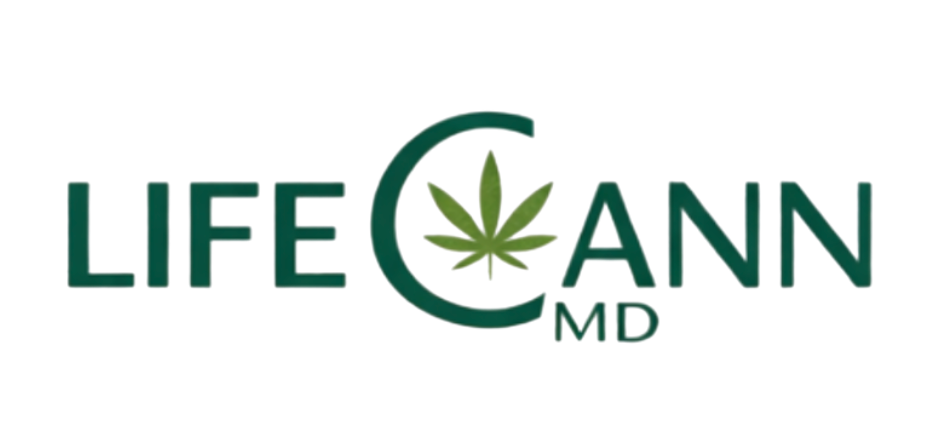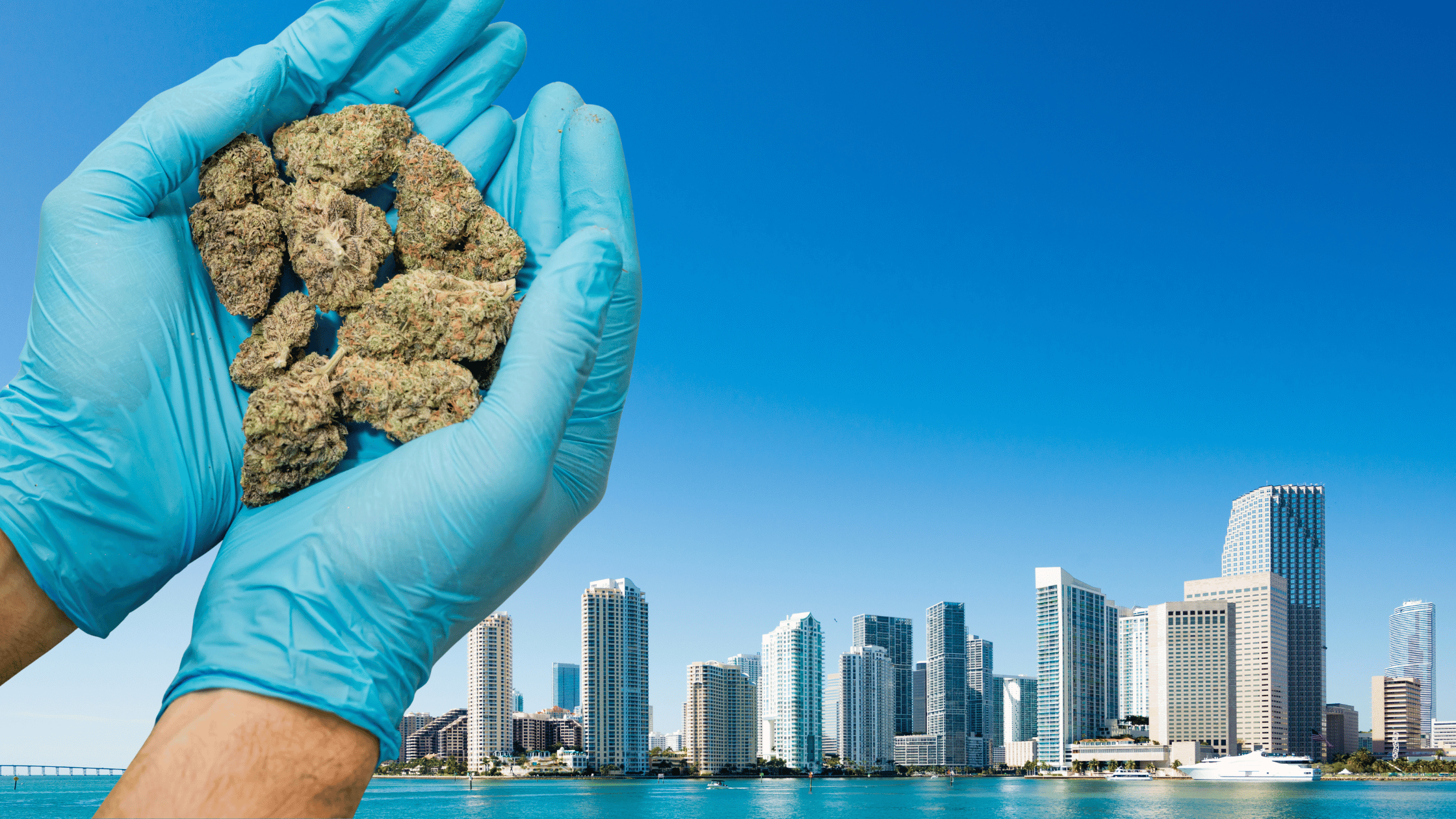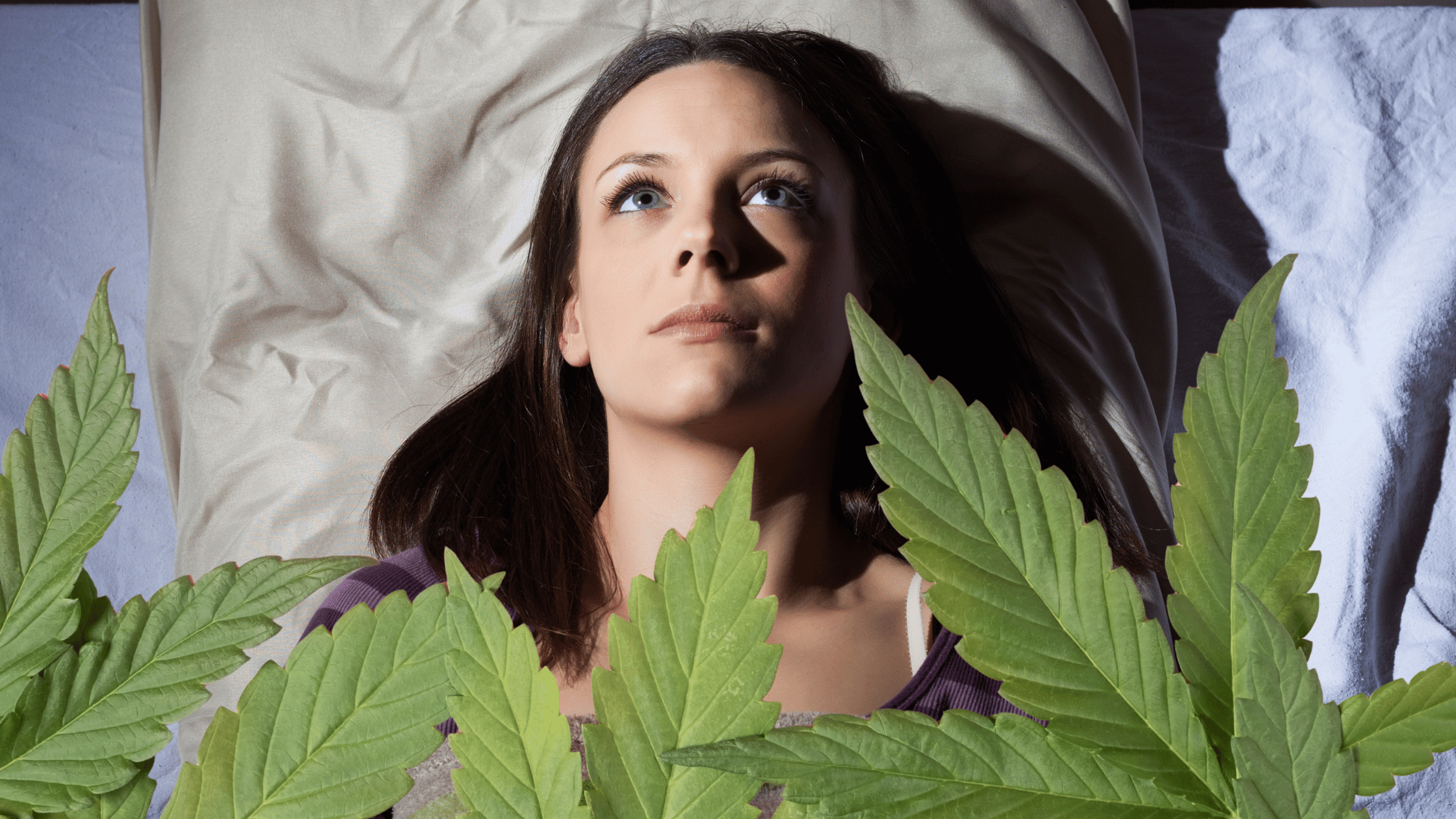Laws surrounding marijuana – even the use of Medical marijuana – are rapidly evolving and often complicated. Traveling with cannabis comes down to federal versus state law and federal law supersedes state law. Therefore, taking cannabis across state lines – even if both states permit medical marijuana use – is illegal as marijuana is still classified as a Schedule I drug. Using the drug poses even more risk. Patients will be risking punishment through federal law enforcement officials or officers in other states without an in-state medical marijuana card. There are some exceptions to this rule such as products that are THC-free or do not contain more than 0.3% tetrahydrocannabinol (THC) like CBD oil produced from hemp.
Traveling
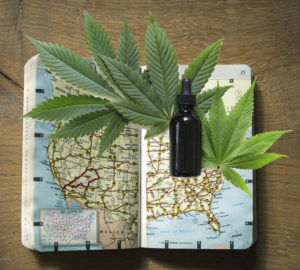 According to the Transportation Security Administration (TSA), medical marijuana is not allowed in checked or carry-on bags. Any amount found on a first-time offender can result in a federal misdemeanor with penalties ranging from six months to a year in jail, a $1,000 fine or a combination of both jail and fines. Although legally purchased marijuana may go undetected by these agencies, it is illegal. Municipal, county or state law enforcement can use their discretion when it comes to criminal charges. That said,
According to the Transportation Security Administration (TSA), medical marijuana is not allowed in checked or carry-on bags. Any amount found on a first-time offender can result in a federal misdemeanor with penalties ranging from six months to a year in jail, a $1,000 fine or a combination of both jail and fines. Although legally purchased marijuana may go undetected by these agencies, it is illegal. Municipal, county or state law enforcement can use their discretion when it comes to criminal charges. That said,
The Orlando Police Department has said it won’t arrest anyone lawfully carrying medical marijuana, even on Florida airport property and the Los Angeles Airport Police Department operates in a similar manner. Patients are encouraged to:
- Maintain documentation of their doctor’s prescription/recommendation.
- Keep their medical cannabis ID card on their person
- Keep copies of both in their checked luggage
- Contact dispensaries in their destination jurisdiction(s) prior to travel for more information
As of now, medical marijuana use and/or administration is prohibited in the following places:
- Public transportation
- Public spaces
- Businesses and Places of Employment (unless permitted by the employer)
- State correctional institutions
- Any School Grounds or school transportation
- In a vehicle
- On an Aircraft or motorboat
Medical Marijuana Reciprocity
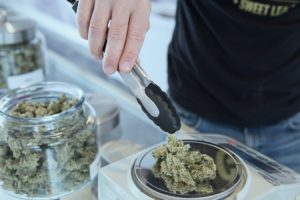 Unfortunately, laws and regulations are not uniform between all states where either just medical marijuana or both medical and recreational use is legal.
Unfortunately, laws and regulations are not uniform between all states where either just medical marijuana or both medical and recreational use is legal.
Currently, thirty-three states and Washington DC have implemented medical marijuana programs. Eleven states and DC have both recreational and medical marijuana programs.
In states with recreational laws, if the Florida card is not registered, you are allowed to register there. However, in some of these states, and at some dispensaries, prices may also be lower for those possessing medical marijuana cards.
In states where only medical marijuana is legal, patients may or may not be allowed to buy marijuana with a Florida card. However, some states will only allow for possession of already purchased marijuana but not new purchases with a Florida card.
Currently these states:
Alaska
Arkansas
California
Colorado
Maine
Massachusetts
Michigan
Nevada
Oregon
Pennsylvania
Rhode Island
Washington
Washington D.C.
New Hampshire and Arizona (for possession but not purchase),
Oklahoma (for a $100 fee)
Hawaii (if a patient is also registered in-state) recognize Florida MMJ cards.
The most up to date information can be found by clicking here.
Currently, Florida does not yet offer reciprocity so hose with out-of-state medical marijuana cards cannot use them in Florida. However, as Florida’s top-rated medical marijuana referral clinic, Board-certified Dr. Fernando Fandiño-Send at LifeCannMD can provide written prescriptions for the kind and type of marijuana best suited to a patient’s particular needs. This makes it easier when a patient travels and needs to use their Florida card (or register for another state card) to make purchases.
If you are interested in seeking medical marijuana treatment for your condition, please complete our Appointment Request Form or give us a call directly at 1-833-LIFECAN (1-833-543-3226). It‘s safe, secure and 100% confidential.
